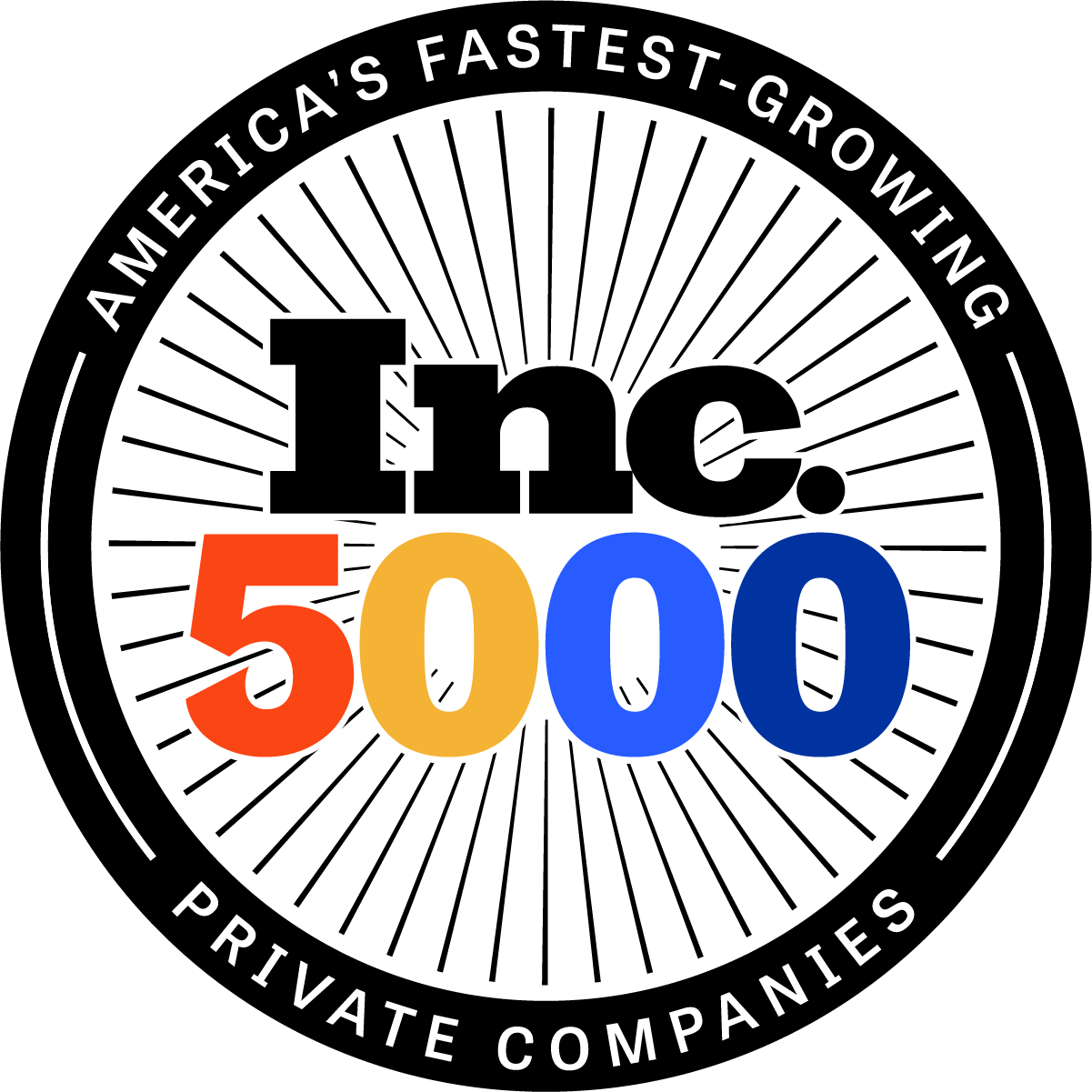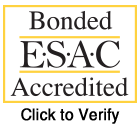Corporate acquisitions fall into one of two categories: a stock/equity purchase, or an asset purchase. The latter approach, differing fundamentally from stock acquisitions, offers unique challenges and opportunities, especially for Human Resources (HR) professionals. The intricacies of asset purchase acquisitions require strategic and comprehensive HR involvement to ensure a smooth transition and integration of assets, including personnel.
HR Considerations for Asset Acquisitions
Asset purchase acquisitions require meticulous HR planning and execution, from the initial creation of a new entity to the integration of the workforce and culture.
Creation of a New Entity
A pivotal first step in any asset purchase acquisition is establishing a new legal entity to house the acquired assets. This process often involves securing a new Federal Employer Identification Number (FEIN), a critical step for private equity firms and search funds embarking on such acquisitions. The creation of this new entity sets the stage for the many HR tasks that follow, from employee transition strategies to payroll system setups.
Strategic HR Planning in Mergers and Acquisitions
In mergers and acquisitions, HR’s strategic role extends beyond operational tasks to encompass due diligence, culture integration, and alignment with business goals. During due diligence, HR assesses the cultural dynamics that could impact the merger’s success. Identifying potential cultural clashes early on allows for the development of strategies to integrate diverse work cultures, ensuring a unified organizational identity post-acquisition.
HR’s strategic planning also involves aligning HR practices and policies with the overarching business goals of the acquisition. This includes ensuring that talent management, compensation, benefits, and development programs support the new entity’s strategic direction and contribute to achieving its objectives. If the asset purchase is a platform acquisition, a new employee handbook among other HR forms will need to be developed. It is recommended that the buyer initially adopt existing employer policies with exception of those policies that need to be updated for legal and compliance reasons.
Together, these strategic and operational roles underscore HR’s critical contribution to the success of mergers and acquisitions, ensuring that human capital is managed effectively to support the new entity’s growth and success.
Payroll System Setup
Setting up a new payroll system for the newly created entity is another area where HR’s expertise is needed. This involves determining whether to stay with the company’s existing payroll provider or to select a new payroll provider, while considering factors such as scalability, user-friendliness, integration capabilities, and compliance features.
Once a provider is chosen, the payroll system should be integrated with the new accounting system to eliminate manual workflows and dual entry. This integration is crucial for streamlining payroll processing, enhancing data accuracy, and ensuring seamless information flow across departments. Training for HR staff and relevant employees on the new payroll system is essential to ensure that employees are paid correctly and on time, a fundamental aspect of maintaining trust and morale during the transition period.
Establishing Payroll Tax Accounts
HR must also navigate the complexities of setting up payroll tax accounts for the new FEIN in each of the states where employees work. This task requires a thorough understanding of state-specific regulations and compliance requirements, which can vary widely in terms of tax rates, reporting requirements, and deadlines.
HR should undertake a comprehensive review of these regulations to set up the necessary accounts accurately. Engaging with local tax authorities or consulting with tax professionals can provide valuable guidance in navigating these complexities, ensuring that the new entity meets all its tax obligations efficiently.
Transferring Employee Benefit Plans and Workers’ Compensation Insurance
Another crucial aspect of HR’s role in asset purchase acquisitions is managing the transfer of employee benefit plans and workers’ compensation insurance to the new entity. This process includes reviewing current benefit plans, determining eligibility criteria under the new entity, and clearly communicating the changes to employees. It is critical to understand if the company’s current insurance policies can transfer over to the new acquiring entity. This is not an issue in a stock purchase but should be confirmed in an asset purchase.
Establishing workers’ compensation insurance involves confirming that the new entity is adequately covered for the types of work performed and for all locations where it is required. This may include reassessing risk levels, updating insurance policies, and ensuring that the new entity complies with state-specific workers’ compensation regulations. Effective management of these transitions is pivotal in safeguarding both the employees’ welfare and the company’s legal and financial standing.
HR Roles in Mergers and Acquisitions: Ensuring a Seamless Transition
The role of HR professionals in asset purchase acquisitions is critical and multifaceted, encompassing both strategic planning and detailed operational tasks. From setting up new entities and managing employee transitions to integrating payroll systems and ensuring compliance with state regulations, HR professionals play a pivotal role in ensuring the success of asset purchase acquisitions.
Are you navigating an asset purchase acquisition and need HR expertise? Reach out to Aspen HR before your close date to start planning your seamless transition strategy to the new entity.







